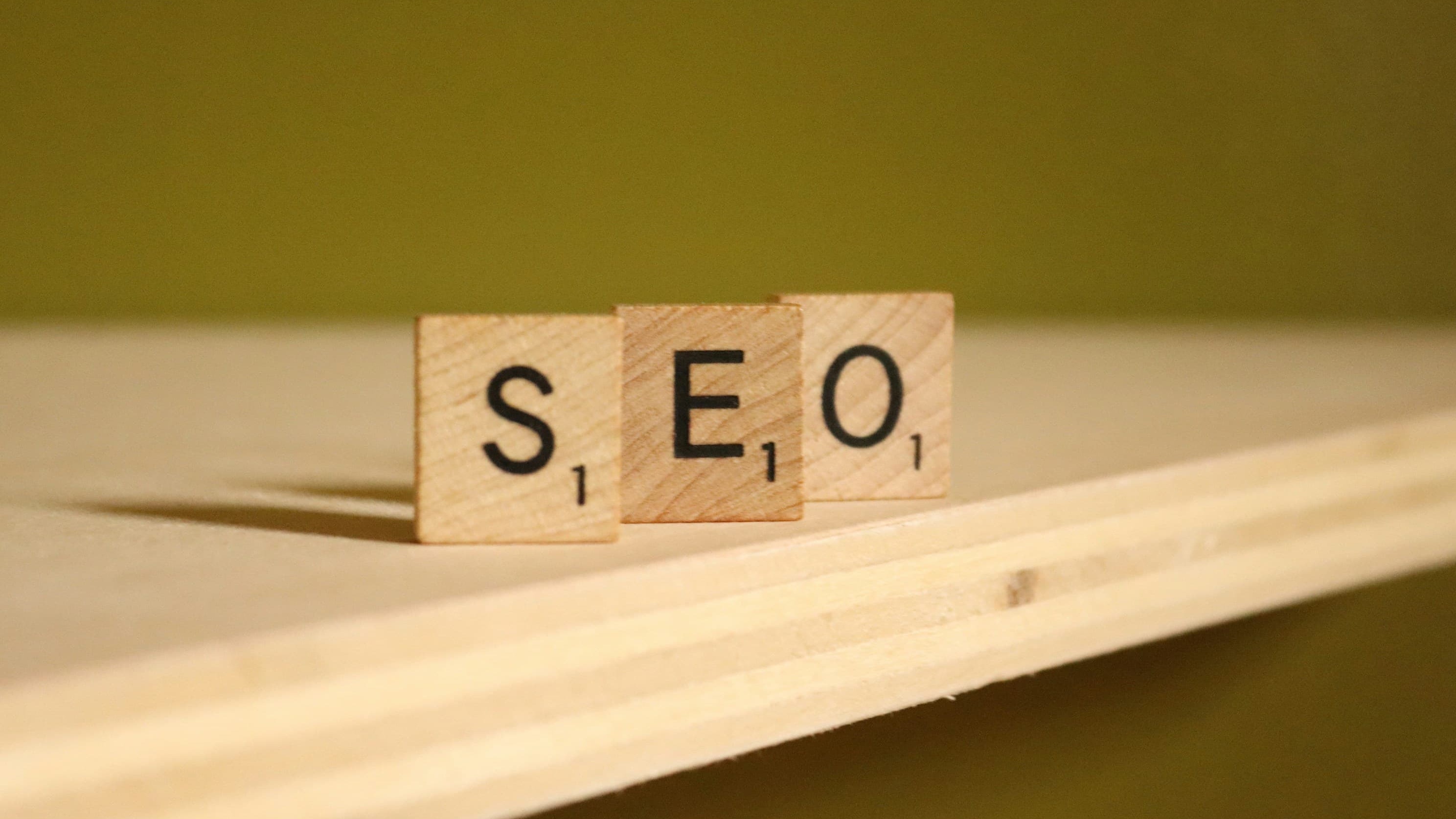 Freelancer tips
Freelancer tips Ahrefs: What It Is and How It Can Help You Rank Your Website
Want your website to appear on Google's first page? Sign up for Ahrefs Webmaster Tools to start using Ahrefs for free.



Did you know you can retrieve your SAT certificates in just a few steps?
Staying organized with your tax documents is essential for freelance success.
But what if you lose them or they expire?
Don't worry! This guide has all everything you need to know.
We'll cover the different types of SAT certificates freelancers use, their purposes, and most importantly, how to recover them if needed.
Issued by Mexico's Tax Administration Service (SAT), the SAT certificate is an official document verifying your compliance with tax obligations.
This includes paying VAT (Value Added Tax) and other taxes, along with submitting the required declarations.
The SAT certificate can used for several reasons — some use it to check their fiscal status, others to contract services, and some for participating in tenders.
The SAT certificate might not be a day-to-day necessity for every freelancer, but it can be a powerful tool in specific situations.
Having this document readily available means you can demonstrate your income during negotiations or job applications, strengthening your professional position and potentially leading to better opportunities.
SAT certificates work through a system called public key cryptography.
Each certificate them contains two keys: public and private.
Public Key: This key is widely available (anyone can use it) and it's used to encrypt information and verify the authenticity of electronic documents.
Private Key: This key is kept strictly confidential by the taxpayer. It's used to decode encrypted information and digitally sign documents, so you can prove they came from you.
In short, this system keeps your tax information both private and tamper-proof.
As a freelancer in Mexico, you should be aware of the two main SAT certificate types: the Digital Seal Certificate (CSD) and the e.firma, both of which have the same three elements:
The public key, identified by the extension .cer
The private key, recognized by the extension .key
The password of the private key, which is determined by the taxpayer
And although these two types of certificates work together, they have a difference that lies in how they're both used.
The Digital Seal Certificate (CSD) acts like a digital stamp specifically for issuing electronic invoices.
The e.firma offers a wider range of functionalities, so you can perform various online procedures with legal validity.
Now you know what the SAT certificate is, its types, and how it works. So, what happens if you lose these documents?
Good news: there are processes to get them back, so we'll break down the steps for each of them.
To recover your CSD, just follow these steps:
Access the SAT's CertiSAT application.
Log in with your electronic signature, including the certificate (.cer), the private key (.key), the password of the private key, and the RFC.
Once on the website, look for the "Certificate Recovery" option.
Select the search method, either by RFC or serial number.
View the list of available certificates.
Click on the certificate you want to recover.
Download the certificate.
If you don't have access to the e.firma certificate or the key to recover the CSD, we suggest obtaining it through the SAT system.
This means you can download the e.firma certificate quickly with just the RFC or serial number, without any additional authentication needed.
To recover your e.firma certificate, just follow these steps:
Access the certificate recovery system.
Search, using the RFC or serial number of the certificate.
Enter the image code.
Click “search”.
Choose the e.firma certificate by clicking on the serial number.
Whether you need to recover, renew, revoke, or download your CSD or e.firma certificate, you can do it all online using the SAT system, for free, and with no authentication required.
Forgotten or lost your SAT password? Don't worry, you can recover it online, quickly and easily:
Visit the SAT web portal.
Click on the yellow "START" button.
Enter and confirm your RFC, then click "Continue".
Select “Yes, I want to update my password”.
Log in with your RFC, current password, or e.firma data (private key and certificate).
Enter your current password and generate a new one with at least 8 alphanumeric characters (Note: RFC as a password isn't allowed).
Confirm your new password and click "Continue".
Download or print your password update receipt and click "Finish".
Since your password is essential for performing different online procedures and actions, it's worth writing it down and keeping it in a safe place.
If any of your SAT certificates expire, all you need to do is renew them — here's how.
Visit the SAT ID app.
Log in with your expired electronic signature and the scan of the INE in PDF format.
Enter your RFC, the file of the INE, and the video the app requests to confirm your identity.
At the end, you'll receive a link from the SAT to generate the certificate renewal.
Follow the link to obtain your .REQ file.
Upload the .REQ file to the CertiSAT web to get your tracking number.
Download the new certificate in .CER format.
Visit the Certifica app (formerly known as SOLCEDI).
Log in with your RFC and expired electronic signature.
The app will generate a .REQ file and another .KEY file.
Go to the CertiSAT website, click on "Renew certificate" and upload the .REQ file.
The SAT will provide you with a tracking folio and the new certificate in .CER format.
While recovering certificates online is convenient, you also have the option to visit your local SAT office in person. Before heading there, be sure to:
Visit the SAT website and click "Offices" to find your nearest location.
Prepare the required documents for certificate recovery.
Schedule an appointment through the SAT portal to avoid waiting.
On your appointment day, arrive promptly and clearly inform the staff about your certificate recovery request.
The staff may provide details about certificate delivery timelines and methods. Make note of these instructions before leaving the office.
You can also contact SAT support by phone — their staff is trained to help you recover your certificate with or without a password.
They can also give personalized guidance show you the steps you need to follow according to your situation.
Remember, the certificate recovery process may differ depending on your specific situation.
For the most accurate and up-to-date information, it's always best to contact SAT directly — they can help with information unique to your circumstances.
For Mexican freelancers, staying on top of your SAT certificates is essential.
Not only does it ensure compliance with fiscal obligations, but it also strengthens your professional standing.
Having valid certificates allows you to easily support financial transactions, maintain accurate records, and demonstrate responsible financial practices — all key factors for success in the freelance world.
In any case, you can always count on DolarApp to charge your invoices in dollars or Mexican pesos, with the best possible exchange rate.

The world has borders. Your finances don’t have to.
 Freelancer tips
Freelancer tips Want your website to appear on Google's first page? Sign up for Ahrefs Webmaster Tools to start using Ahrefs for free.

 Freelancer tips
Freelancer tips Find out in this post what they are and what they are used for in the freelance field, their characteristics and 5 examples

 Freelancer tips
Freelancer tips Feel like your day slips away? This app to limit time can bring back focus, control, and productivity.


